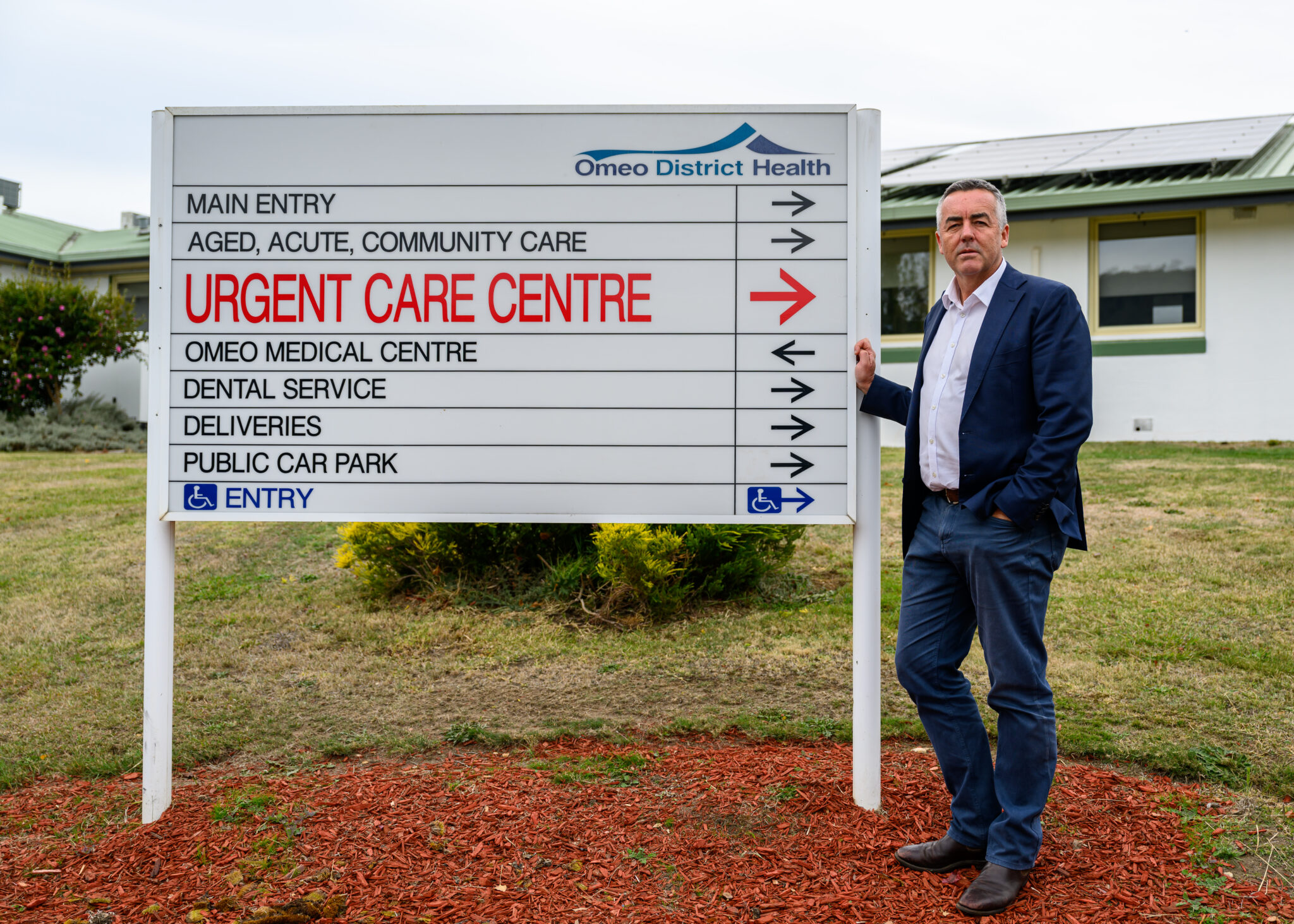The Prime Minister has been urged to intervene in a Victorian Government plan to merge country hospital and health service providers, which will lead to reduced access to services in smaller Gippsland towns.
Federal Member for Gippsland Darren Chester said he was concerned by the secret plans to amalgamate 12 health service providers across the region to form one board of directors, which would report directly to the State Health Minister.
“Given there’s been no consultation with local MPs, Councils or community members, I want to know whether the Federal Government is also involved in this ill-considered plan,” Mr Chester said.
“I’ve written to the Prime Minister and urged him to intervene because the Commonwealth provides the majority of funding for local hospital services, and this proposal has nothing to do with improving patient care.
“This proposal has been pursued in secrecy by the Victorian Government without any consultation with impacted community members and is all about cost-cutting.
“In fact, the board members and senior staff at existing health service providers have been required to sign non-disclosure agreements in order to be briefed by Melbourne-based bureaucrats about the proposed changes to their regional health services.
“My concern is it will rob communities of local autonomy and lead to a dumbing down of regional communities by removing the capacity for residents to serve on local health boards.
“The negative experience in small regional towns of previous amalgamations in other sectors has heightened community anxiety about the centralised approach being pursued by the State Government.”
Mr Chester said he feared the lack of local boards would take away community ownership of health providers and lead to a reduction in access to services.
“Local communities develop a great sense of ‘ownership’ of their local hospital and often fundraise or volunteer to assist the service providers,” Mr Chester said.
“Robbing these communities of their autonomy and ability to set local priorities will inevitably undermine community engagement and diminish the advocacy on behalf of local residents.
“This proposal is guaranteed to divide our communities, cause distrust in the decision-making process, and inevitably result in a reduction in services. Local residents in rural and regional areas will be forced to travel even further to access health services.”

